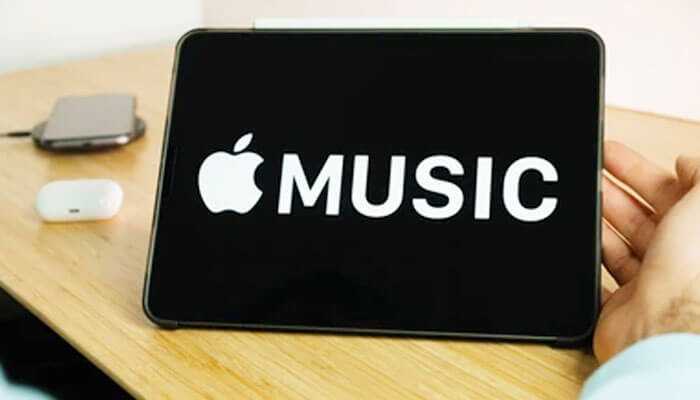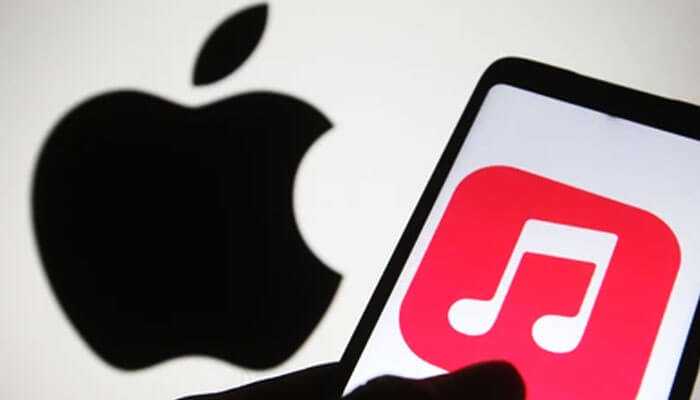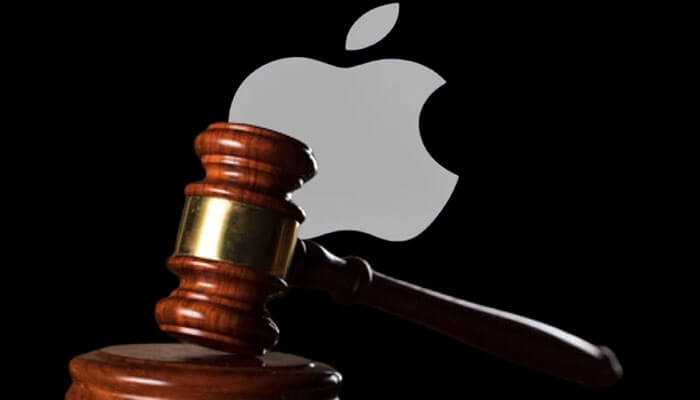Introduction:
Apple, the tech giant known for its cutting-edge products at some stage in numerous virtual domain names and digital offerings that have reshaped the tech panorama, presently reveals itself entangled in an immoderate-stakes prison warfare with the European Union (EU) due to alleged antitrust violations connected to its tune streaming get-right of entry to tips. The European Commission, the authoritative regulatory body entrusted with overseeing sincere opposition and implementing stringent opposition laws, has honed in on Apple’s practices regarding the distribution and merchandising of streaming services inside the EU.
As the looming capability for a huge €500 million quality hovers over Apple, this felony dispute has surged to the leading edge of global interest, sparking sizeable discussions on the fundamental requirements of truthful marketplace competition, the results of marketplace dominance on innovation and purchaser preference, and the evolving importance of regulatory oversight within the ever-evolving digital technology.
History:
At the heart of the dispute between Apple and critics from businesses like Spotify are the contentious App Store regulations that Apple enforces. These rules, regarded for their stringent guidelines and the requirement to apply Apple’s in-app payment gadget, were an issue of contention for years. Spotify and extraordinary competing music streaming offerings have usually accused Apple of engaging in anti-aggressive practices through its App Store guidelines. Their argument revolves around the perception that Apple’s policies provide the tech community with an unfair advantage and stifle honest opposition within the streaming marketplace.
The criticisms directed closer to Apple’s practices have not long gone overlooked, which requires regulatory authorities to step in and address the perceived imbalance within the enterprise. As Spotify and its counterparts raise their voices against what they view as unjust practices, the communication on the necessity of intervention to create a stage of gambling discipline in the industry intensifies.

These alleged actions have been believed to limit market opposition and inhibit innovation within the employer. Over a span of several months, the European Commission intently tested Apple’s tips within the App Store environment, aiming to apprehend the outcomes of market dynamics. Through the findings acquired from the research, the regulatory body has indicated a capability road for jail recourse against Apple that requires evidence of competition law violations to be substantiated. Notably, the European Union has issued warnings of sizeable monetary consequences that could be levied against Apple if it is found guilty of breaching established competition rules.
Legal Proceedings:
The European Union’s current flow into taking into account implementing a hefty first-rate of €500 million on Apple marks a vast turning point in the ongoing dispute among the tech giants and regulators. This capability monetary penalty, if enacted, may want to stand out as one of the maximum sizeable fines ever slapped on an unmarried organization through the EU for antitrust violations, spotlighting the seriousness of the allegations. In response, Apple has been agency in its denial of any wrongdoing, adamantly declaring that its stringent App Store guidelines are carefully crafted to uphold consumer privacy and safety necessities, even as delivering a wonderful experience for clients worldwide.
However, some have expressed grave concerns about Apple’s policies, claiming that the strict regulations must impose obstacles in the way of competing music streaming services trying to compete effectively in the market. Because Apple demands that developers use its in-app pricing method, which is proprietary, and because it charges a steep 30% fee for virtual transactions, there have been claims made that Apple has significant control over how programs are distributed and sold on its platform. Critics argue that this seeming superiority not only has an unjustified effect on the app ecosystem but also prevents genuine innovation from occurring in the virtual market.
The European Union’s decision to pursue legal movement towards Apple serves as a stark reminder of the stepped-forward scrutiny that most critical tech companies face regarding their market dominance and adherence to fair competition standards. In an international landscape in which regulatory bodies are intensifying their efforts to decrease anti-aggressive practices and foster a level playing concern for all marketplace game enthusiasts, the outcome of this example toward Apple looms large, bearing implications that could reverberate a long way beyond the confines of the Cupertino-primarily based employer. The tech enterprise as a whole stands at a crossroads, bracing for capability repercussions that may reshape the future of virtual trade and competition on a global scale.
 Implications:
Implications:
The €500 million looming over Apple serves as a sharp reminder of the ongoing regulatory risks that businesses confront in the digital age. If implemented, this enormous penalty might have far-reaching economic consequences for Apple, posing a significant undertaking and representing a significant setback for the tech giant. This type of decision may not only have an impact on Apple’s bottom line, but it may also establish a precedent that may be followed in future antitrust cases involving other industry giants. This, in turn, may lead to increased scrutiny from regulatory agencies around the world, fundamentally altering the landscape for modern enterprises.
Beyond just the financial cost, the lawsuit against Apple raises more general questions about the power relationships between computer companies and government agencies. In an era wherein generation pervades each aspect of current existence, policymakers are grappling with the sensitive venture of fostering innovation while preserving truthful competition and consumer welfare. The final results of the EU’s decision in the Apple case are eagerly awaited by stakeholders across the enterprise, policymakers, and clients. The ruling has the potential to shape the trajectory of opposition inside the technological sphere, affecting not just Apple but also setting a tone for how future disputes between tech giants and regulators will be resolved.
Conclusion:
The conflict between Apple and the EU concerning streaming access not only highlights the problematic dynamics at play in the ultra-modern technological landscape but also serves as a stark reminder of the delicate balance between innovation, market competition, and regulatory oversight. As the specter of a significant €500 million pleasant hangs overhead, it will become obvious that the decision of this legal dispute holds great implications that can reverberate in the course of the tech sector and different industries.
In this period of rapid digital transformation, in which regulators are more and more navigating the complexities of digital markets, this precise case emerges as a pivotal check to gauge the efficacy of antitrust measures in addressing the dominance of big tech organizations. Because Apple’s prison situation is still up in the air, there’s always a chance for either a heavy sentence or a triumphant vindication. This emphasizes how crucial it is to maintain honest and fair opposition in the rapidly changing digital market, where the stakes are higher than ever.



